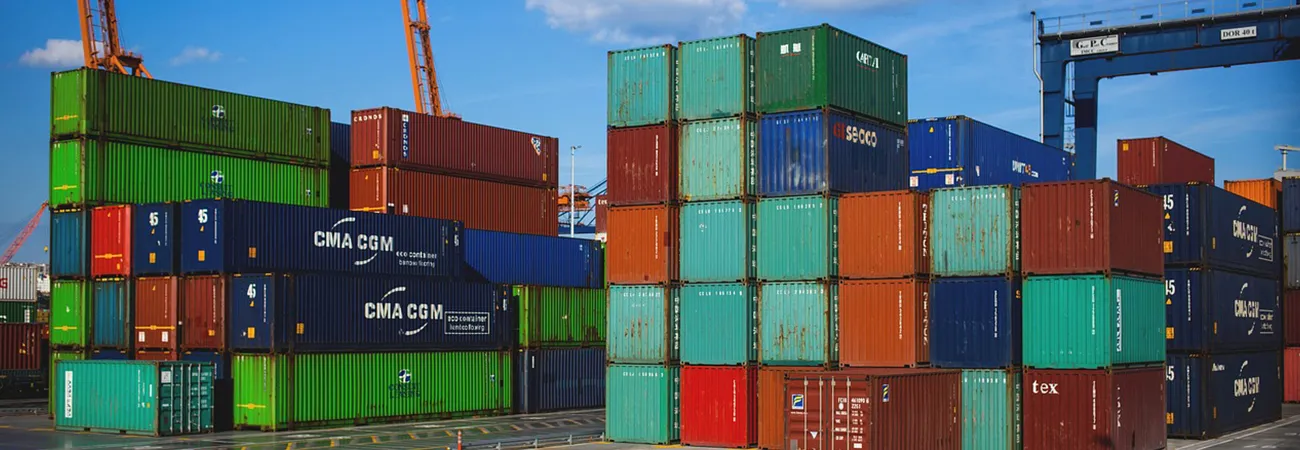i ECONOMY
The government, in collaboration with the private sector, should take proactive steps to create an enabling environment for exporters to take full advantage of the Generalised System of Preferences – commonly known as the GSP-Plus status – Pakistan enjoys with the European Union. This was stressed by Talal Saghir Ahmed, Deputy Director of International Marketing Division at the Trade Development Authority of Pakistan (TDAP). Talking to WealthPK, he said that Pakistan was currently confronting significant economic issues and challenges that demanded innovative and strategic solutions. “Pakistan's GSP+ status with the EU offers a valuable opportunity to boost exports, economic growth and employment.”
“However, to fully harness its potential, Pakistan must adopt a multi-pronged approach that focuses on diversification, quality enhancement, streamlining trade procedures and improving the overall business environment,” he stated.
He noted that quality was the hallmark of any successful export industry. “European consumers demand high-quality goods, and meeting their expectations is crucial. This means adopting modern technologies, adhering to international standards, and implementing stringent quality control measures in the manufacturing process. By improving the quality of its exports, Pakistan can gain a competitive advantage in European markets.” Ahmed underlined the importance of diversifying export items, saying, “while textiles have been the backbone of Pakistan's exports, we have to open up new avenues for growth. We have untapped potential in sectors like agriculture, pharmaceuticals and information technology. Exploring these areas can make our export sector more resilient.”
Meanwhile, Majid Shabbir, Secretary General of Islamabad Chamber of Commerce and Industry (ICCI), told WealthPK that collaborative projects, especially in technology and manufacturing, can help strengthen Pakistan's bilateral relations with the EU countries. “Such partnerships can increase trade and investment.” He suggested that Pakistan should engage in ongoing dialogues with EU institutions to promote business-to-business interactions and establish mechanisms to address trade-related issues promptly. “Effective diplomacy and collaboration can pave the way for a smoother trade experience.”
According to data compiled by the State Bank of Pakistan, exports to EU countries dipped by 4.41% in FY23 due to a slump in demand for Pakistani goods in Germany and the Netherlands. Exports to the EU countries amounted to $8.188 billion during FY23 against $8.566 billion in the previous fiscal year. The top export destinations for Pakistan are Germany, the Netherlands, Spain, Italy and Belgium. Products exported to the EU included articles of leather, rice, sports goods (footballs), surgical goods, footwear, plastics, minerals, machinery, carpets, cutlery, chemicals and articles of rubber and pharmaceuticals.
The GSP-Plus is an instrument through which the EU intends to encourage not only free trade with developing countries by providing them tariff-free access to its markets, but also promote sustainable development. The GSP-Plus status has also benefitted Pakistan in attaining tariff-free access to the EU markets for most of its export items. Recently, the European Parliament voted to extend the current GSP-Plus status for another four years, until 2027, for developing countries, including Pakistan.
Credit: Independent News Pakistan (INP)








